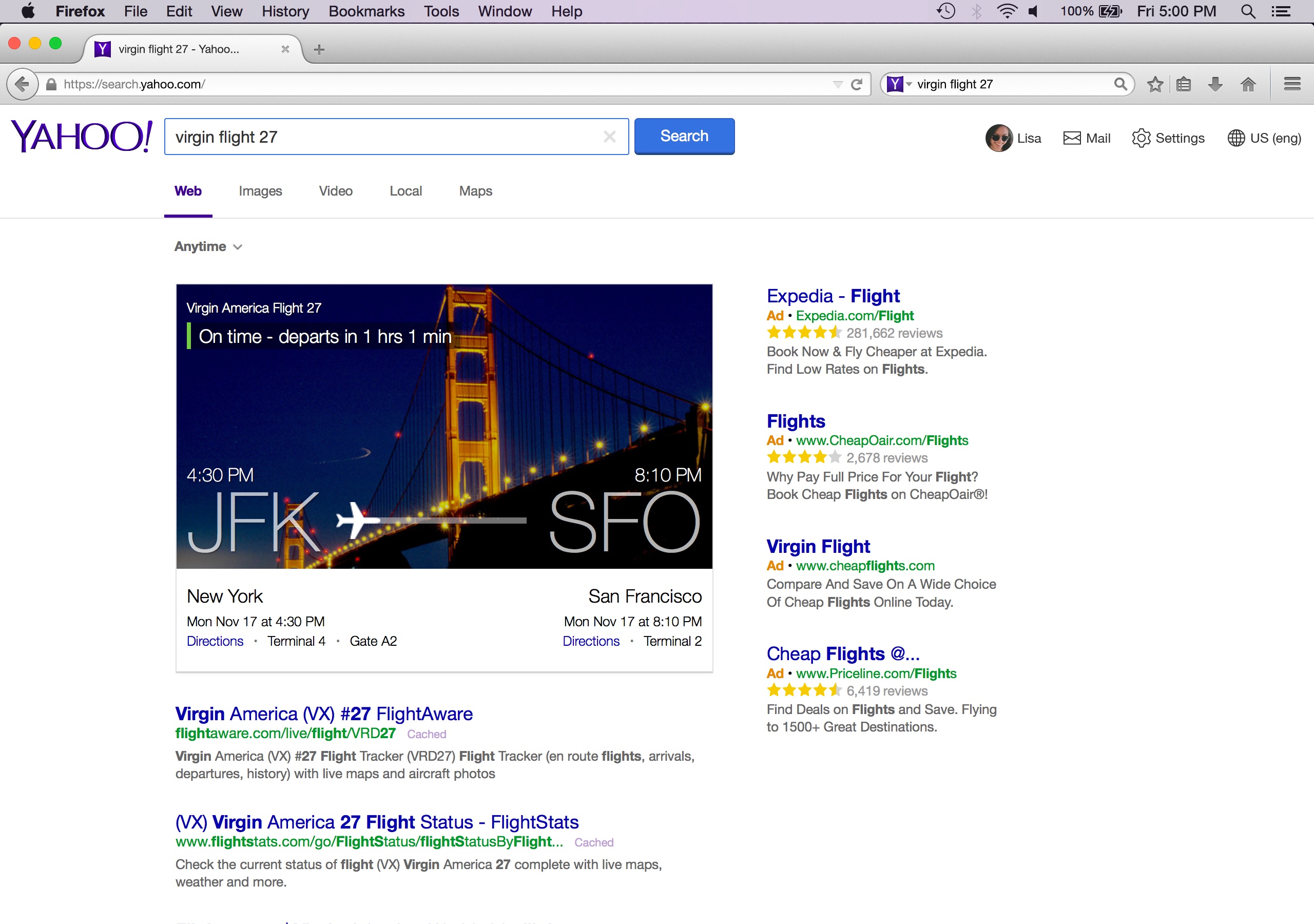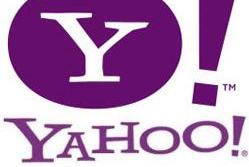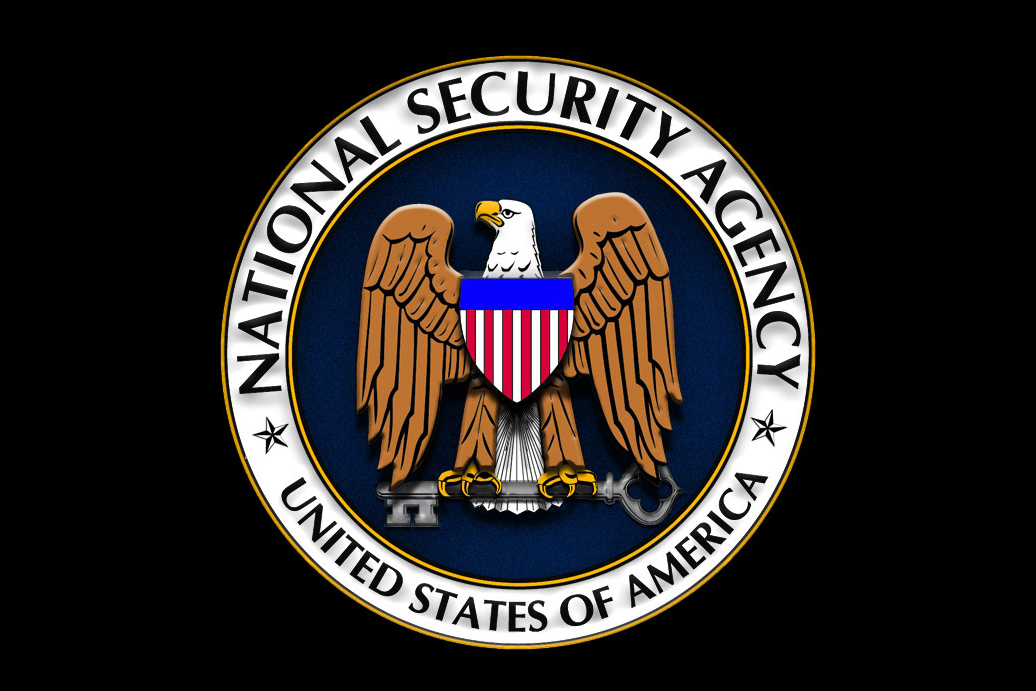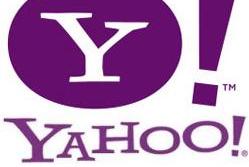Where next for Microsoft, Yahoo and Google?
As 2009 begins, the internet sector faces a challenge to rebuild itself after Microsoft’s failed takeover of Yahoo, and Yahoo’s failed advertising deal with Google.

Back in June last year, as the potential union between Microsoft and Yahoo all but disintegrated, the latter's now ex-chief executive Jerry Yang was regarded as a man taking a bit of a gamble. In resisting Microsoft's proposed $44 billion merger deal (read: takeover), Yang angered some shareholders, and confused many analysts.
After all, what rabbit was Yahoo about to pull out of the hat? What shoots of business brilliance were forthcoming that allowed Yang to be so bullish about a firm that had struggled to find a foothold in the past year or two? Outflanked by the likes of Facebook and finding no way to even dent the armour of Google, Yahoo looked very much the Web 1.0 company fighting in a marketplace that had long since moved on. Not only that, it had also turned away a bid that even the more generous observer conceded had overvalued the company.
But Yang nonetheless successfully resisted the Microsoft takeover, and instead sought solace with a tie-up with Google. The pair agreed an online ad-deal that would see Yahoo utilise Google's advertising systems, with the latter's ads appearing next to the former's search listings in some cases. Microsoft, meanwhile, pulled out of the potential takeover altogether (and initially threatened that a more hostile deal could be in the offing), and instead argued that the Department of Justice needed to step in.
This wasn't surprising either, given that some alarm bells were ringing as to whether such a deal between two big companies would even be allowed to get through the necessary regulatory steps. The deal, which was set for three years with renewal options taking it potentially up to 10, was said by Google to not need regulatory approvals. However, it nonetheless held back on kick starting it for nearly four months to allow the necessary bodies to take a look, with many observers noting that it might hit more problems than it was publicly saying it was expecting.
Thus, it wasn't a major surprise when the deal between the two parties was halted. Google decided to pull out of the prospective partnership after it was informed by the US Justice Department that it was filing a lawsuit to get the deal blocked. If it had gone ahead, it would have given Google access to around four fifths of the web search market, and the firm no doubt figured that it would be embarking on a battle it didn't stand much chance of winning. As Google legal officer David Drummond posted: "...it's clear that government regulators and some advertisers continue to have concerns about the agreement."
The Department of Justice argued that a deal would have removed the incentive for Yahoo to fight Google in certain areas. Its statement read "Had the companies implemented their arrangement, Yahoo's competition likely would have been blunted immediately with respect to the search pages that Yahoo chose to fill with ads sold by Google rather than its own ads, and Yahoo would have had significantly reduced incentives to invest in areas of its search advertising business where outsourcing ads to Google made financial sense for Yahoo."
Microsoft, meanwhile, lost little time in championing the decision by the US Department of Justice, claiming that the decision in the words of a statement delivered by general counsel Brad Smith "is significant for advertisers, publishers and consumers, who voiced overwhelming concern about this illegal deal to law enforcement and policymakers."
Get the ITPro daily newsletter
Sign up today and you will receive a free copy of our Future Focus 2025 report - the leading guidance on AI, cybersecurity and other IT challenges as per 700+ senior executives
-
 Bigger salaries, more burnout: Is the CISO role in crisis?
Bigger salaries, more burnout: Is the CISO role in crisis?In-depth CISOs are more stressed than ever before – but why is this and what can be done?
By Kate O'Flaherty Published
-
 Cheap cyber crime kits can be bought on the dark web for less than $25
Cheap cyber crime kits can be bought on the dark web for less than $25News Research from NordVPN shows phishing kits are now widely available on the dark web and via messaging apps like Telegram, and are often selling for less than $25.
By Emma Woollacott Published
-
 Google right to be forgotten rule extends to Bing & Yahoo
Google right to be forgotten rule extends to Bing & YahooNews The EU’s controversial right to be forgotten ruling against Google will now also apply to Yahoo and Bing
By Caroline Preece Published
-
 Firefox to switch default search engine from Google to Yahoo
Firefox to switch default search engine from Google to YahooNews Mozilla signs five-year agreement with Yahoo
By Khidr Suleman Published
-
 Google and Microsoft to discuss Right to be Forgotten
Google and Microsoft to discuss Right to be ForgottenNews The two tech companies have been invited alongside Yahoo to converse with EU privacy officials
By Clare Hopping Published
-
 iOS 8 abandons Yahoo weather app
iOS 8 abandons Yahoo weather appNews iOS 8 is to drop Yahoo for its weather app in favour of The Weather Channel
By Caroline Preece Published
-
 NSA intercepts data from Google and Yahoo servers
NSA intercepts data from Google and Yahoo serversNews Agency said to be using unnamed telecoms providers to glean data.
By Khidr Suleman Published
-
 NSA paid Google, Yahoo and Microsoft to cover PRISM compliance costs
NSA paid Google, Yahoo and Microsoft to cover PRISM compliance costsNews Firms had to cover compliance costs for Project PRISM.
By Khidr Suleman Published
-
 Yahoo overtakes Google and Microsoft in US traffic
Yahoo overtakes Google and Microsoft in US trafficNews Venerable web service giant tops unique user ranks.
By Jane McCallion Published
-
 Yahoo shares reach 18-month high as investors warm to new CEO
Yahoo shares reach 18-month high as investors warm to new CEONews Marissa Mayer's appointment appears to have buoyed Yahoo investors.
By ITPro Published